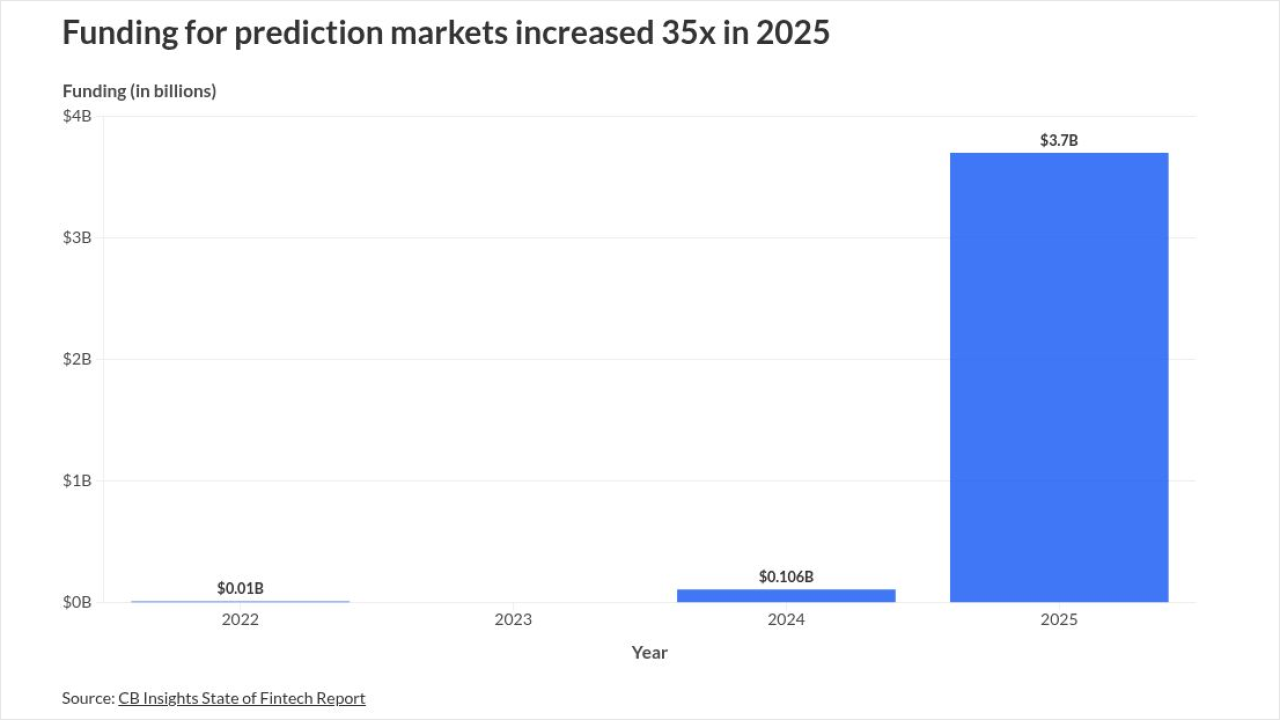-
Julian Castro pledged to recapitalize the FHA insurance fund and work with Congress on GSE reform but equivocated when a Senator asked about cities condemning underwater mortgages.
June 17 -
The city of Richmond, Calif., wants to team up with another municipality to implement its plan to use eminent domain to seize underwater mortgages. There have been no takers to date. The likely reasons are the FHFA and the continuing threat of litigation.
June 16 -
Housing and Urban Development Secretary Shaun Donovan says its important for investors in mortgage-backed securities to receive a fair price for seized mortgages.
February 13
While municipal efforts to use eminent domain to seize homeowners' underwater mortgages have subsided, the issue is still a concern for many mortgage bond market participants, according to Securities Industry and Financial Markets Association executives.
With some proposals still outstanding and the prospects of other efforts renewing, the concern is that mortgage eminent domain attempts could spread more widely if any one municipality is able to make inroads with a proposal, said Chris Killian, managing director and head of SIFMA's Securitization Group.
"If one city moved forward and was successful, others would probably look to do it, too," he said in an interview.
Through eminent domain, governments can seize private assets if they can justify that the assets serve a public purpose. Since the housing crisis, some municipalities have explored using the power to take control of underwater mortgages in their communities.
Some securities groups and investors have been not only been very vocal but filed legal challenges to the concept because it threatens to interrupt bondholders' cash flows from collateral backing mortgage securities, and these debt instruments currently constitute a large, government-dominated market.
"If it proceeds, it's still a serious issue," Randy Snook, executive vice president for business policies and practices at SIFMA told NMN. "There are still municipalities considering it."
But the number of municipalities interested has shrunk considerably, from two or three dozen to merely a "handful," he said.
"I think a lot of people look at it and say, 'Nice idea, but I don't think I want my city to get mixed up in it [given the legal questions],'" said Killian.
Eminent domain seizure of loans could affect both private investors and taxpayers given government guarantees on the majority of current mortgage-backed securities market.
Laws governing eminent domain seizures call for "just compensation" to the previous owners of seized assets. But Snook said the loans seized would be bought for a "substantial discount" under existing proposals.
An eminent domain proposal being considered by the city of Richmond, Calif. is the one most likely to move forward, even though an investor group has already sued the municipality over the matter, said Killian.
The Richmond city council has voted 4-3 in favor of moving forward with its plan, but needs one more vote in its favor for the program to get under way. Recent Richmond election results make that more likely to occur if politicians that take office in January maintain past positions, he added.
"That's the one thing that has changed," he said. "There may be support now on the council at a higher ratio. They conceivably could have the votes."
Other municipalities still considering mortgage eminent domain proposals include Newark, N.J. and San Francisco, Killian noted. In addition, some New York City council members considered the move early this year as a means of providing underwater mortgage relief.
However far any of these cities take their proposals is currently in question. San Francisco is only studying the possibility for now, while Newark has budget problems that have led to state control of some functions. This could complicate Newark's efforts to pursue mortgage eminent domain, said Killian.





